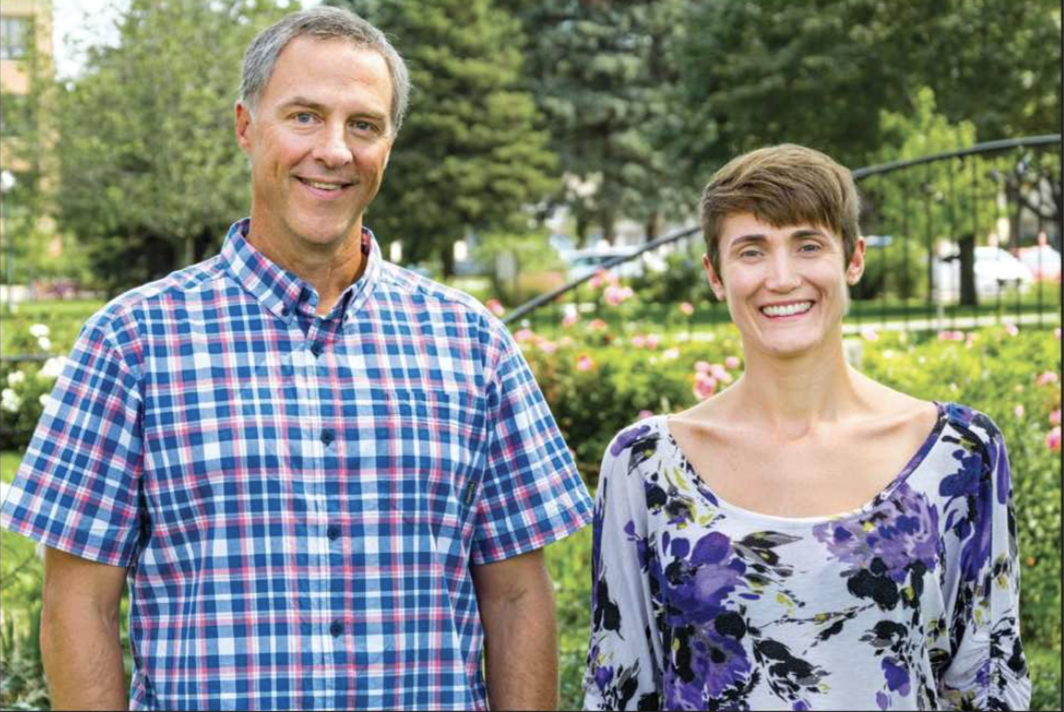USD Receives $2 million from NSF EPSCoR Track II

USD Part of NSF Environmental Research Project on Upper Missouri River Basin
Published by: Yankton Daily Press & Dakotan
VERMILLION - The University of South Dakota will receive nearly $2 million as part of a National Science Foundation effort to research the intersection of food, energy and water systems.
USD researchers will work on the project with col leagues from lead institution Montana State University and the University of Wyoming. They will examine the consequences of an economy based on bioenergy and “carbon capture and sequestration.” That is the process of capturing carbon dioxide so that levels of the greenhouse gas in the atmosphere in the Upper Missouri River Basin are reduced.
“The goal is to explore the impacts that a transition to a bioenergy economy would have on the Upper Missouri River Basin. Such a change might help to reduce carbon pollution and minimize conflicts with food security and clean energy production priorities, providing for a sustainable future for the region,” said Dave Swanson, Ph.D., professor in USD’s biology department, director of the Missouri River Institute and coprincipal investigator with Meghann Jarchow, Ph.D., USD assistant biology professor and coordinator of its sustainability program. Associate biology professors Mark Dixon, Ph.D., and Jake Kerby, Ph.D., will also contribute.
The NSF recently made 11 Experimental Program to Stimulate Competitive Research (EPSCoR) Track II grants to institutions across the national totaling $55 million. The program is de signed to fulfill the mandate of the NSF to promote scientific progress nationwide.
USD’s share of $1.86 million over four years will fund research related to the grant topic and will also fund two new faculty members in biology. These faculty will support a new doctorate pro gram in sustainability, which the grant will also fund.
USD researchers will be involved in four studies within the overall project: First, they will model current and projected future trends in land use in the Upper Missouri River Basin (UMRB), such as growing more biofuel crops.
Second, they will study how these land use trends interact with other changes in the region, such as increases in hydraulic fracking and reductions in Conservation Reserve Program acreages, to affect water quality and bird and amphibian diversity. Third, they will survey residents in the UMRB to map how people value the land and its uses across the basin and whether those values vary by geographic region.
Finally, the researchers will convene focus groups of diverse stakeholders across the region to identify what people think is critical to moving toward a desirable and sustainable future in the UMRB, with a specific focus on land uses and human health and wellbeing.
“It is our hope that this research will help inform future research and policy in the region regarding how we manage food and energy production while still protecting our water,” Jarchow said.
 National Science Foundation RII Track-1 Project:Expanding Research, Education and Innovation in South Dakota
National Science Foundation RII Track-1 Project:Expanding Research, Education and Innovation in South Dakota